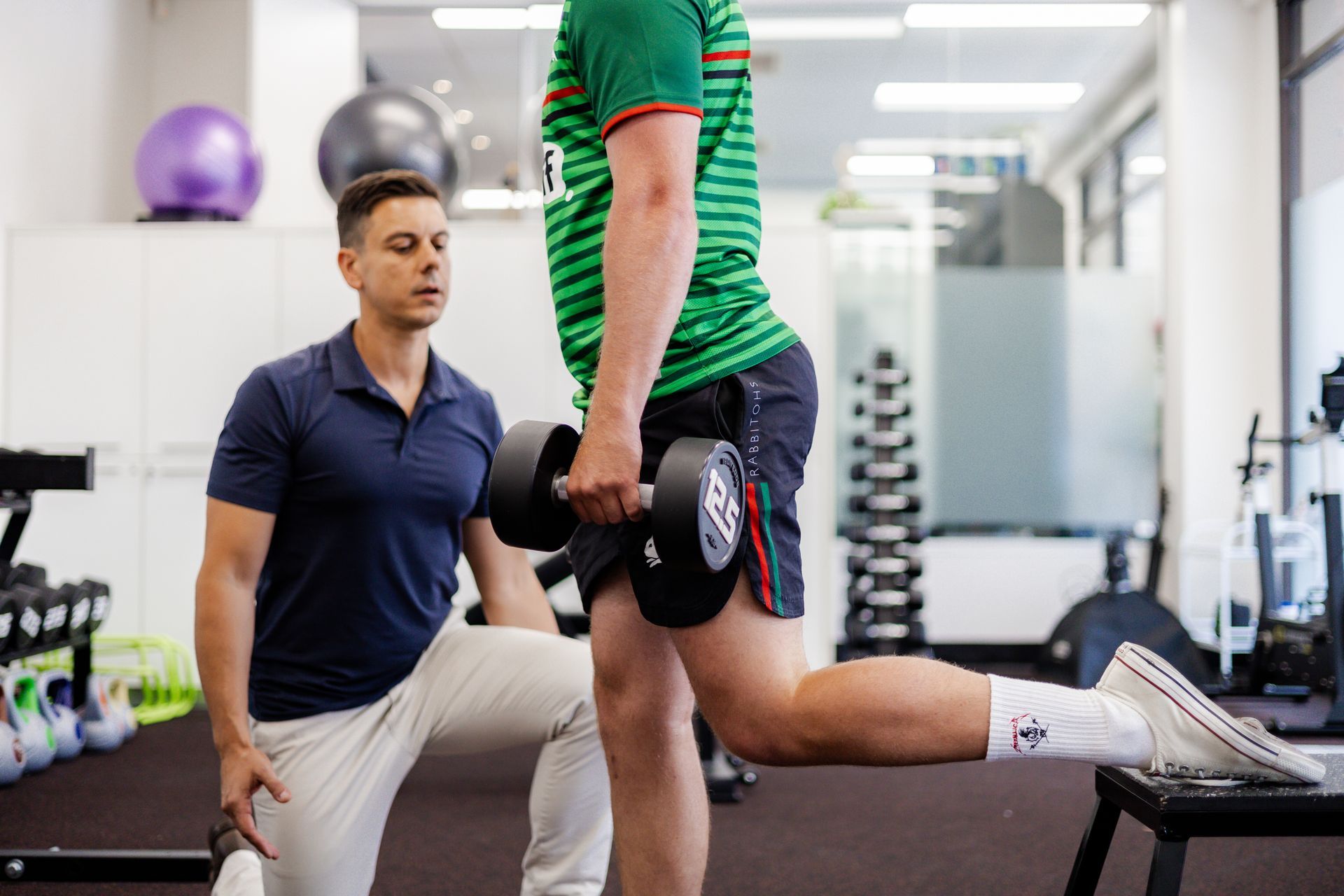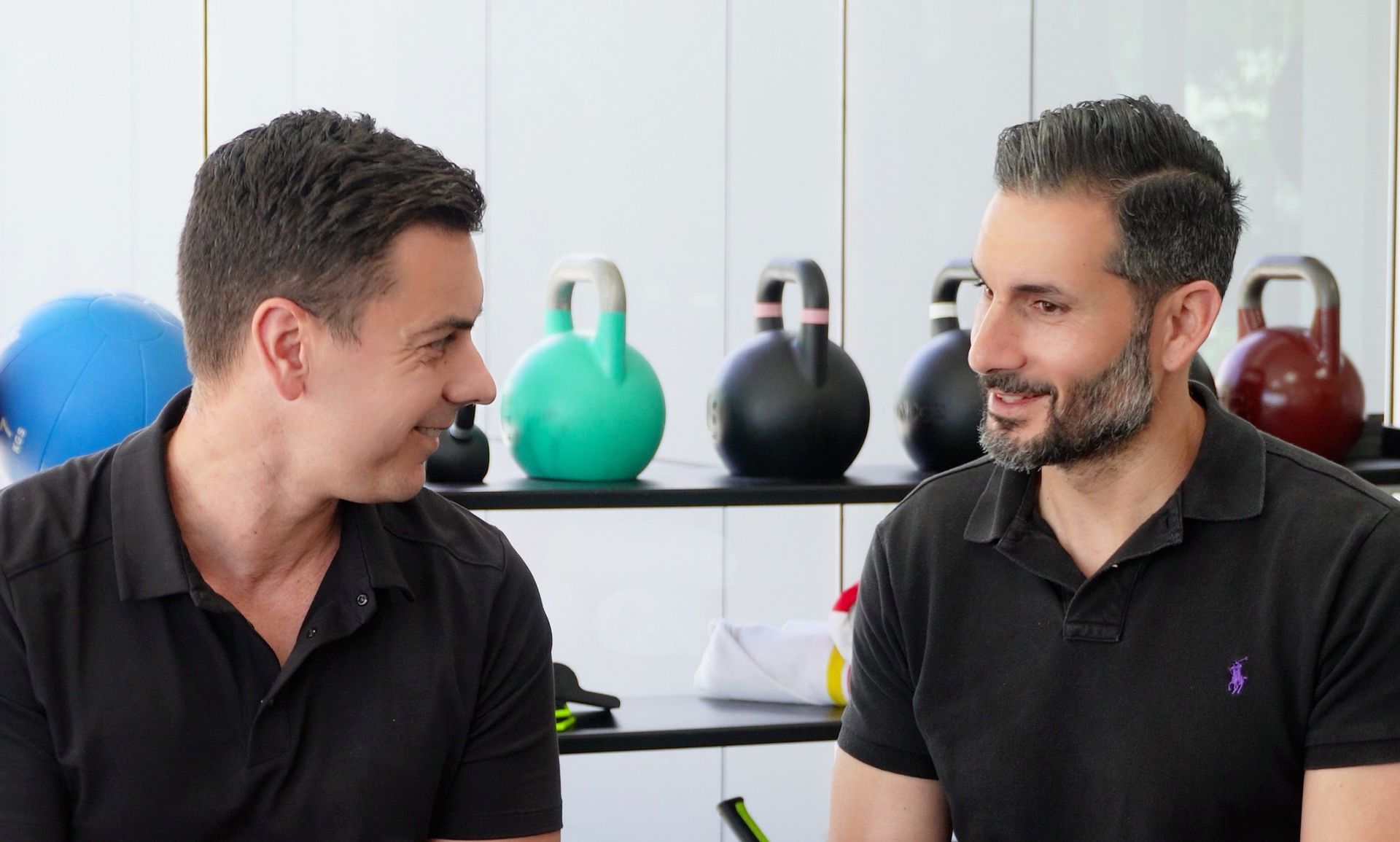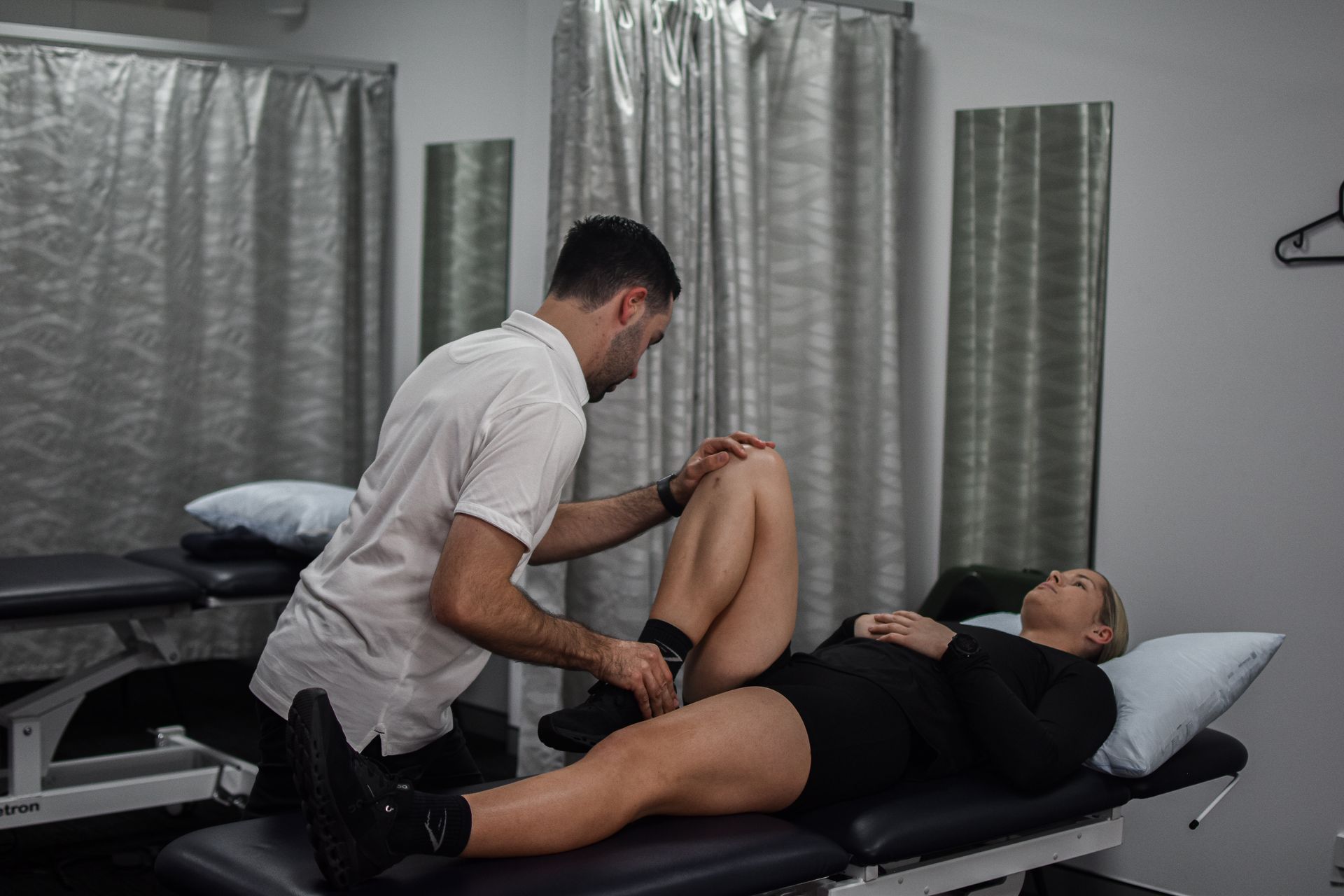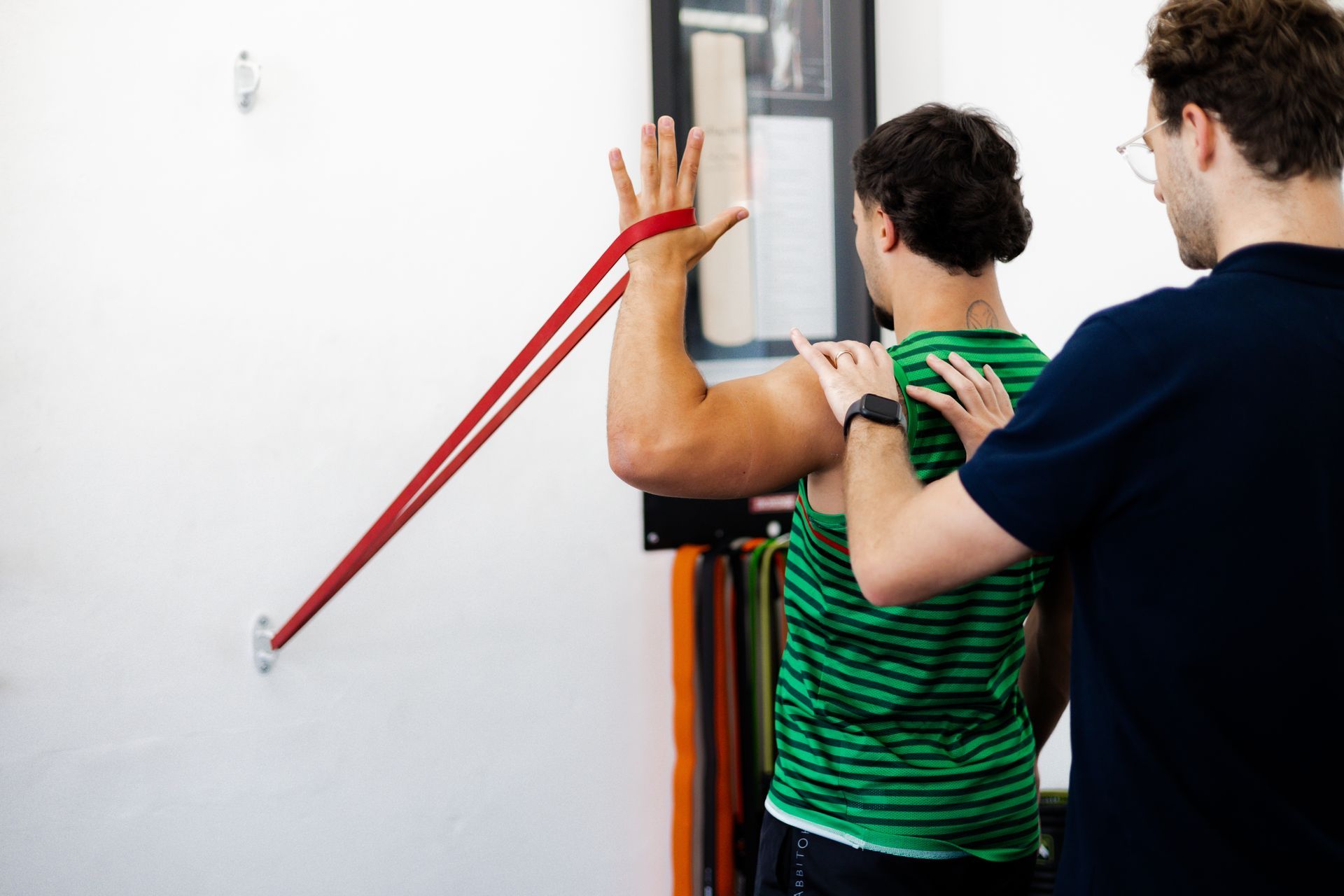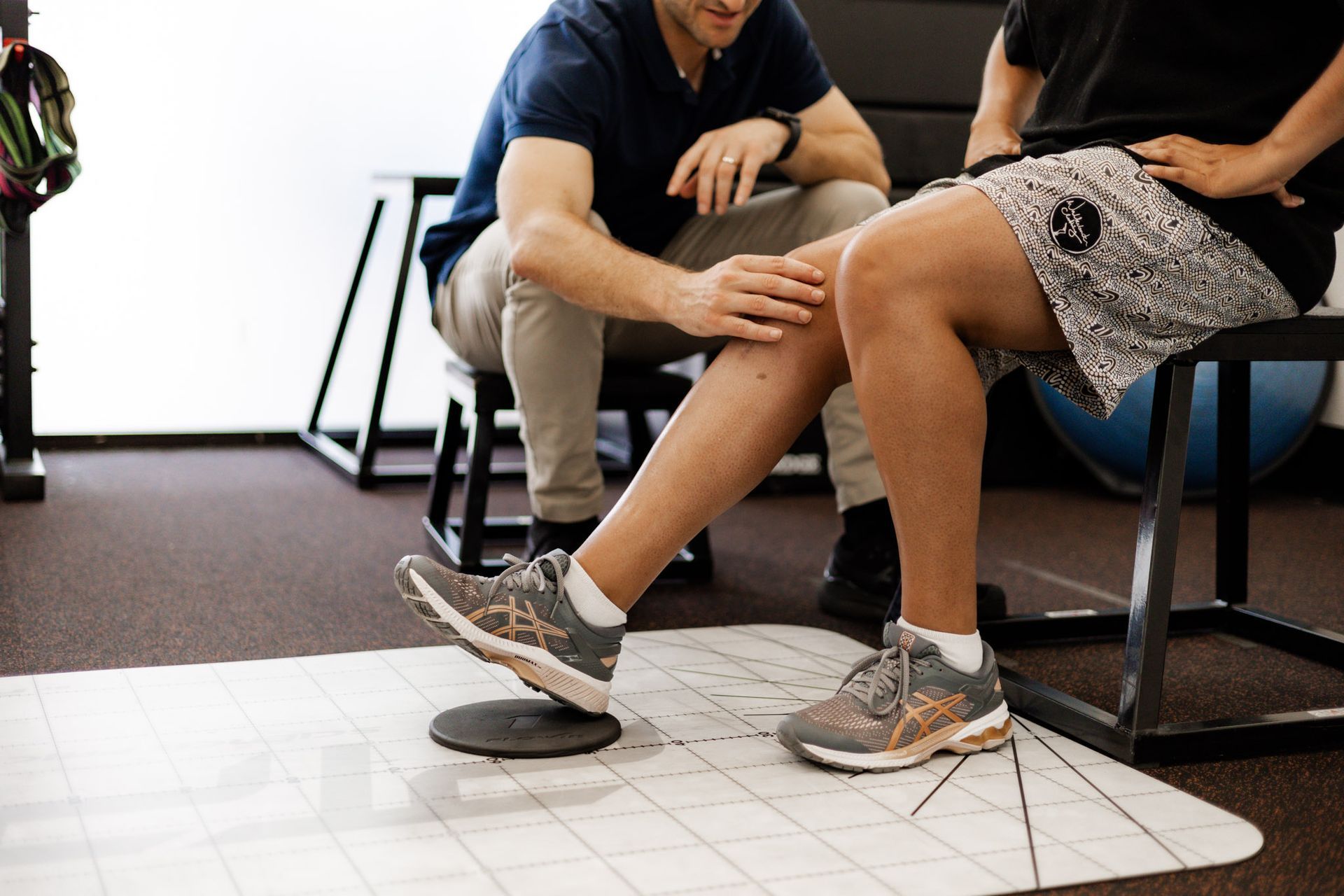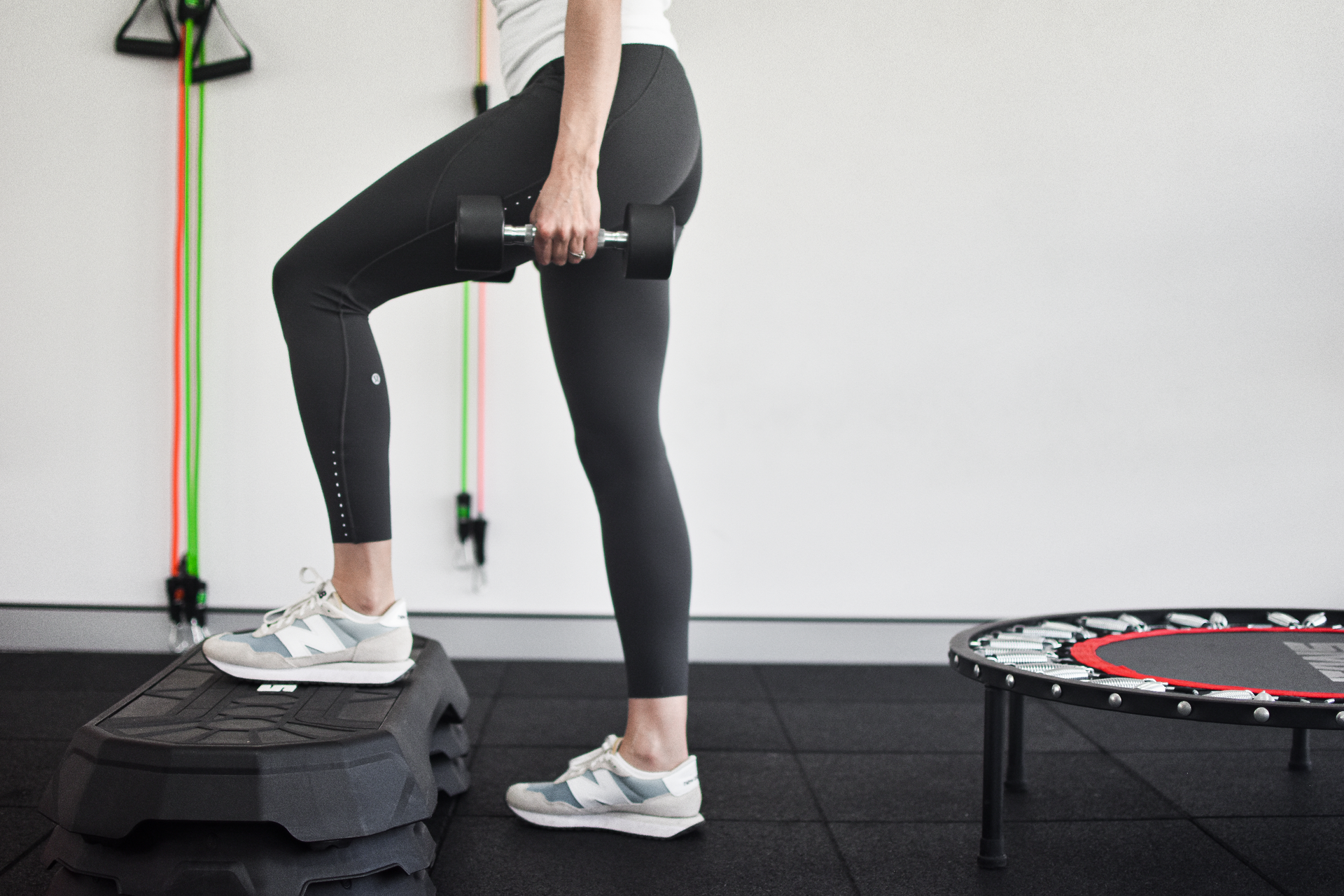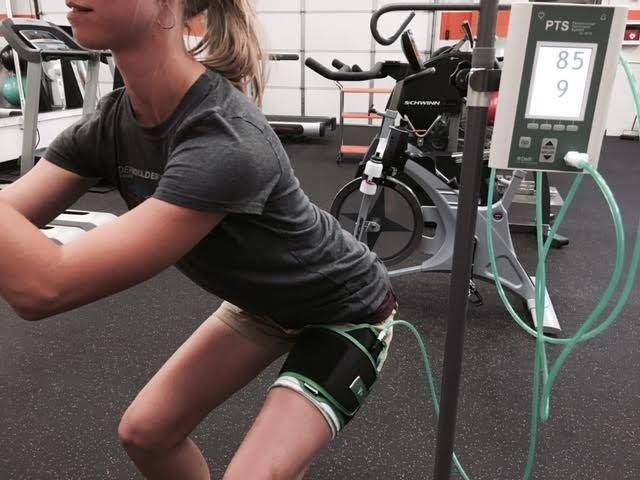Carbohydrates – friend or foe?
Carbohydrates.
In case you haven’t noticed, low-carb diets are all the rage these days. Popular diets such as Paleo and Keto have heightened the misconception that all carbohydrates are bad and should be avoided at all costs. But are carbohydrates really the enemy, or could excluding them from your diet be detrimental to your long-term health?
Carbohydrates = Fuel !!
Carbohydrates are the most important energy source for your body and the reality is your body needs them to function optimally.
Carbohydrates in the food that we eat are broken down into smaller sugars (glucose) and used as fuel – even the simple task of breathing relies on this fuel source. Any unused glucose is then stored in the muscle in the form of glycogen for future use. Our body recruits this stored carbohydrate during exercise or whenever glucose levels in the blood are low.
It is therefore no surprise that a low carbohydrate diet can result in low energy levels as well as fatigue and delayed recovery from exercise. In addition, the brain depends solely on carbohydrates – it is unable to used stored energy. As a result, low-carbohydrate diets may also adversely impact cognitive function and mood.
Fibre
Carbohydrates are a major source of dietary fibre and as a population we are far from meeting the recommended intake of 30g per day. Fibre is essential for our digestive health. It helps you feel fuller for longer, can improve cholesterol and blood sugar levels, and can assist in preventing a number of diseases. Considering its importance, avoiding carbohydrate foods rich in dietary fibre is not a good idea.
All carbs are not created equal
Not all carbohydrates are equal when it comes to nutrition. Eating the right type of carbohydrates, in appropriate amounts for your individual requirements, is definitely worth incorporating in your diet.
Complex carbohydrates such as those found in whole-grains, legumes, fruit and vegetables are digested slowly and released into the bloodstream gradually. They are also packed with dietary fibre and have important vitamins and minerals adding to their value. Including a serve of these carbohydrates in main meals is advisable.
Some examples include:
- Oats
- Legumes
- Whole-grain bread
- Quinoa
- Barley
- Brown rice
- Starchy vegetables such as sweet potato
- Fruit
Simple carbohydrates on the other hand are often refined and stripped of fibre. They are digested quickly and can cause a rapid spike and then drop in your blood sugar levels. While all foods can have a place in a healthy diet, limiting simple carbohydrates is recommended.
Simple carbohydrates can be found in:
- Refined breakfast cereals
- White bread
- Brown or white sugar
- Fruit juices – particularly concentrate
- White rice
- Flavoured yoghurt
- Confectionary
- Soft drinks
Getting portions right
Carbohydrate requirements vary considerably and some individuals do indeed eat too much. A good starting point is to include a fist sized portion or ½ cup cooked complex carbohydrate with your main meals. Remember, this portion will need to be increased significantly for some – particularly those exercising regularly.
While there is no best diet for everyone, a restrictive way of eating is usually not the right path for most. Low- carb diets such as Paleo and Keto – that promise fast weight loss – can seem attractive but their effectiveness and safety long term is unknown.
